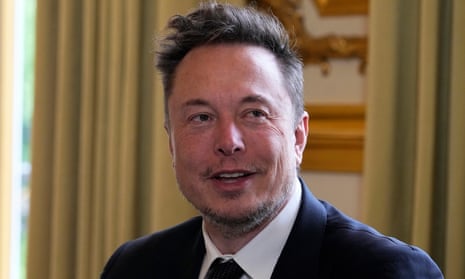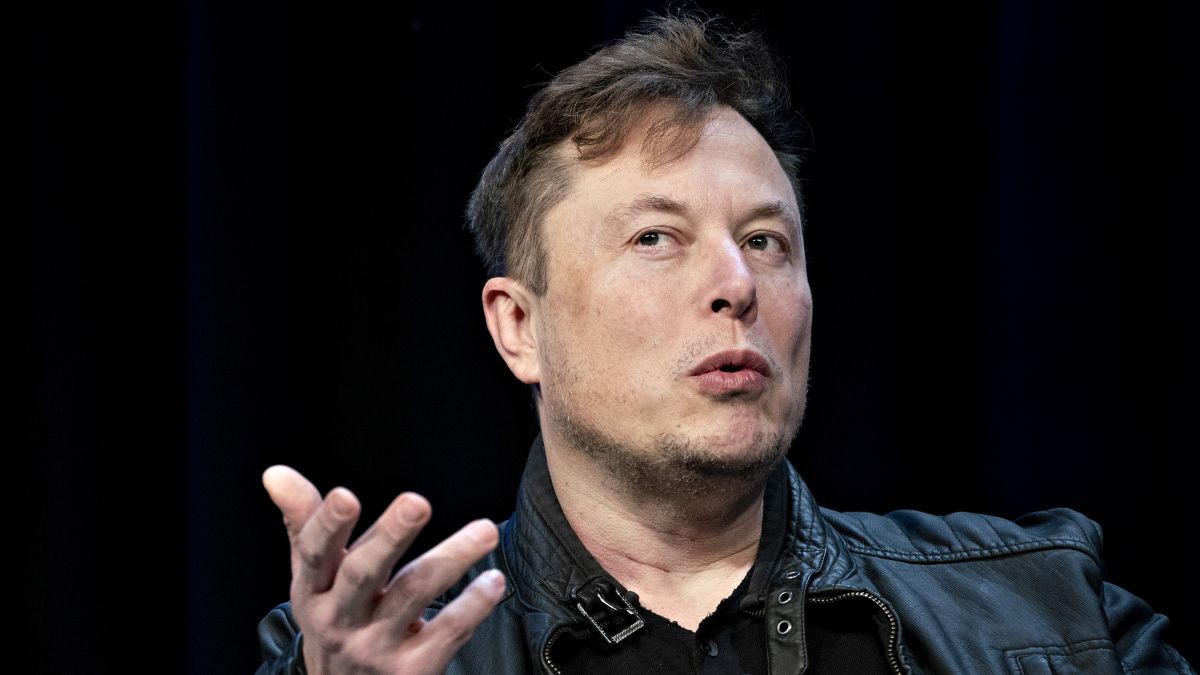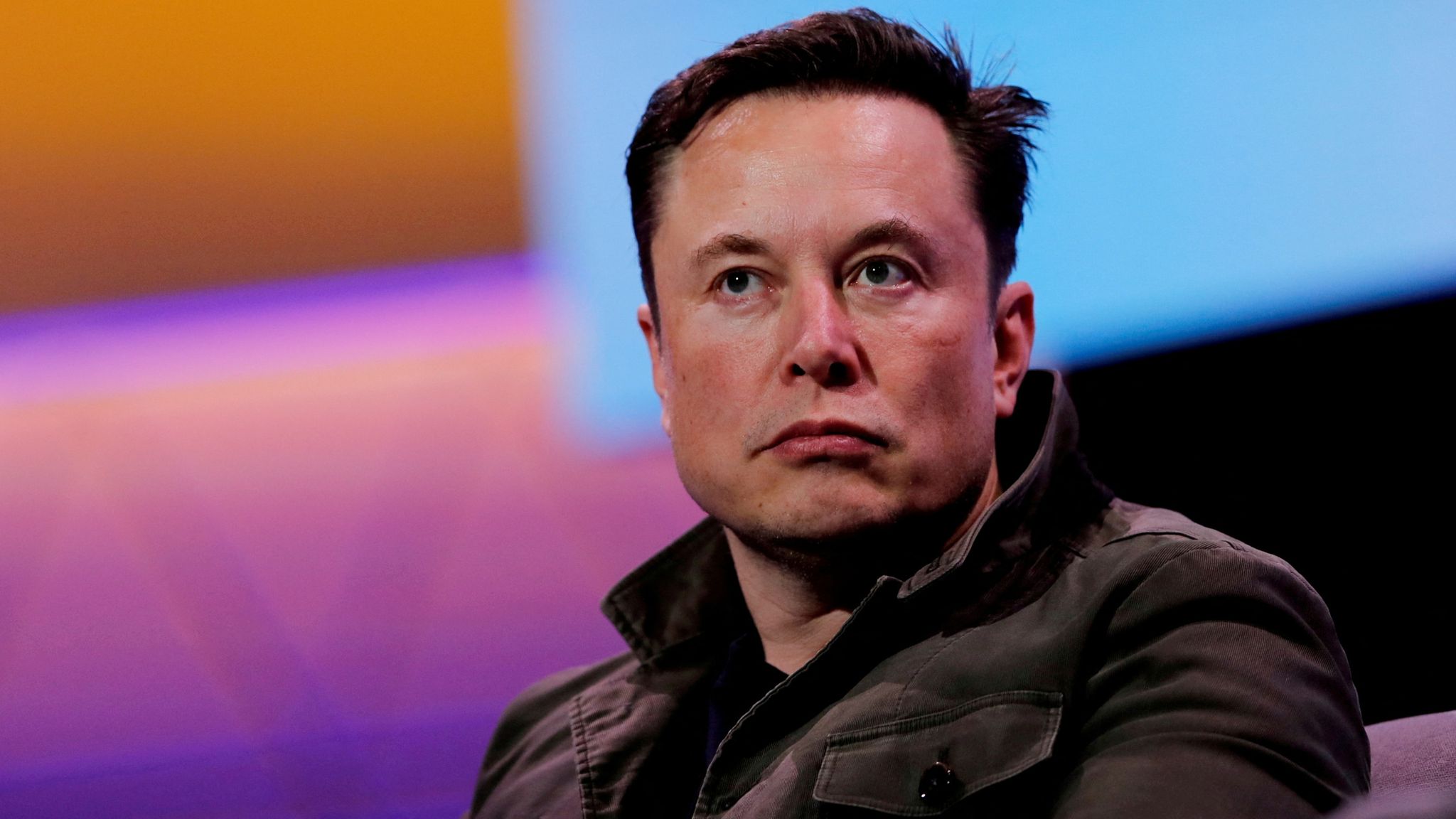EU Issues Stark Warning to Elon Musk’s Twitter Amidst War-Related Misinformation Controversy

EU Issues Stark Warning to Elon Musk’s Twitter Amidst War-Related Misinformation Controversy
In a stern message to Elon Musk, the owner of the social media platform formerly known as Twitter, the European Union (EU) has cautioned the company about hosting misinformation and illegal content related to the conflict between Hamas and Israel. This warning comes in light of potential violations of the European Union’s Digital Services Act (DSA), a significant content moderation law.
Thierry Breton, a top European commissioner, issued a letter to Elon Musk, highlighting the precise obligations that Musk’s platform, now known as “X,” has concerning content moderation. The EU has expressed doubts about X’s compliance with these regulations regarding the ongoing conflict.
As a platform subject to the DSA, X faces the possibility of substantial fines amounting to billions of dollars if regulators conclude that it has indeed violated the DSA’s regulations. Notably, X did not immediately respond to the EU’s warning.
The warning letter draws attention to X’s substantial legal exposure as it grapples with a deluge of false claims related to the war. These claims have been attributed to various sources, including fake White House press releases, deceptive news reports, and misleading videos taken out of context from unrelated events or even video games.
A significant portion of this problematic content appears to have arisen from changes made to the platform under Elon Musk’s supervision, as suggested by Breton in his letter.
One such change was X’s recent announcement that it was making it easier for accounts to qualify for newsworthiness exceptions to its platform rules. Previously, accounts needed a minimum of 100,000 followers to qualify for these exceptions. However, the recent alteration replaced this follower threshold with a “high profile” standard, encompassing current or potential government officials, political parties, or political candidates.
This modification has raised concerns about the removal of content, particularly violent and terrorist content circulating on the platform, as it has become “uncertain” what will be removed, according to Breton’s letter.

The DSA, which became enforceable for large platforms in August, mandates that companies must act swiftly when officials identify content that violates European laws. Breton has warned that X may not be complying with this aspect of the DSA.
Breton wrote, “We have, from qualified sources, reports about potentially illegal content circulating on your service despite flags from relevant authorities. I remind you that following the opening of a potential investigation and a finding of non-compliance, penalties can be imposed.”
Elon Musk, who also serves as the Chief Executive Officer of SpaceX and Tesla, engaged in an exchange with Breton on the platform. Musk defended X’s policy, stating that everything is “open source and transparent,” an approach he believes the EU supports. He requested that Breton list the violations on X so that the public can evaluate them.
Breton responded by noting that X was aware of user and authority reports on fake content and the glorification of violence. He challenged Musk to demonstrate his commitment to the DSA’s compliance, affirming that the EU would rigorously enforce it.
This EU warning arrives amid a backdrop of widespread misinformation about the conflict being disseminated on X. Recently, the investigative journalism group Bellingcat revealed that a fake video, designed to resemble a BBC News report, was circulating on social media.
The fraudulent video falsely claimed that Bellingcat had found evidence of Ukraine smuggling weapons to Hamas. Elliot Higgins, the founder of Bellingcat, unequivocally labeled the report as “100% fake.” To make the video appear genuine, its creators used graphics closely resembling those used in actual BBC News reports.

Although X did not remove the fake BBC News video, it added a small label beneath the video, identifying it as “manipulated media.”
In response, a BBC spokesperson urged consumers to seek news from trusted sources in the face of increasing disinformation.
Critics have expressed concern about the state of content moderation on X since Musk’s takeover. He implemented substantial layoffs in the platform’s content moderation and policy teams, which raised alarms within civil society groups who warned of an increased threat of misinformation and hate speech.
In an effort to deter the creation of automated accounts, Musk also eliminated the traditional verification badges, which previously reassured users of an account’s authenticity. Instead, he introduced a paid system allowing any user to receive a verification badge without undergoing an identity check. Misinformation experts argue that this move undermines users’ ability to determine the credibility of accounts, particularly during fast-paced news events.
Notably, Musk himself has contributed to the chaos by sharing and subsequently deleting a post recommending users to follow an account known for disseminating misinformation, including a fake report earlier in the year about an explosion at the Pentagon.

The EU’s warning to Elon Musk’s Twitter, now known as “X,” underscores the growing concern about the spread of misinformation on social media platforms during times of crisis. The Digital Services Act aims to hold platforms accountable for the content they host and their compliance with European regulations, signaling a growing effort to combat the spread of false information and extremist content online.




